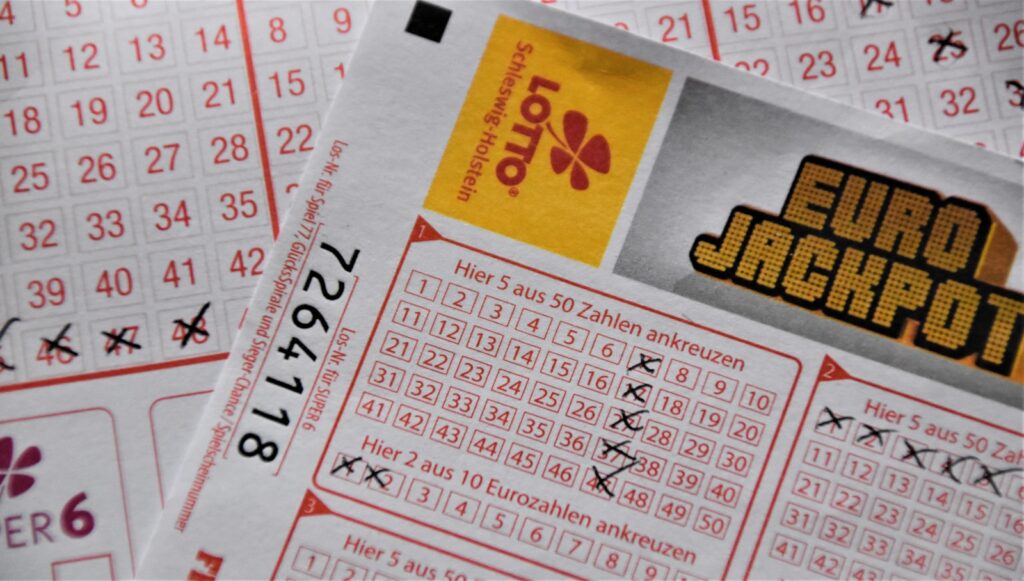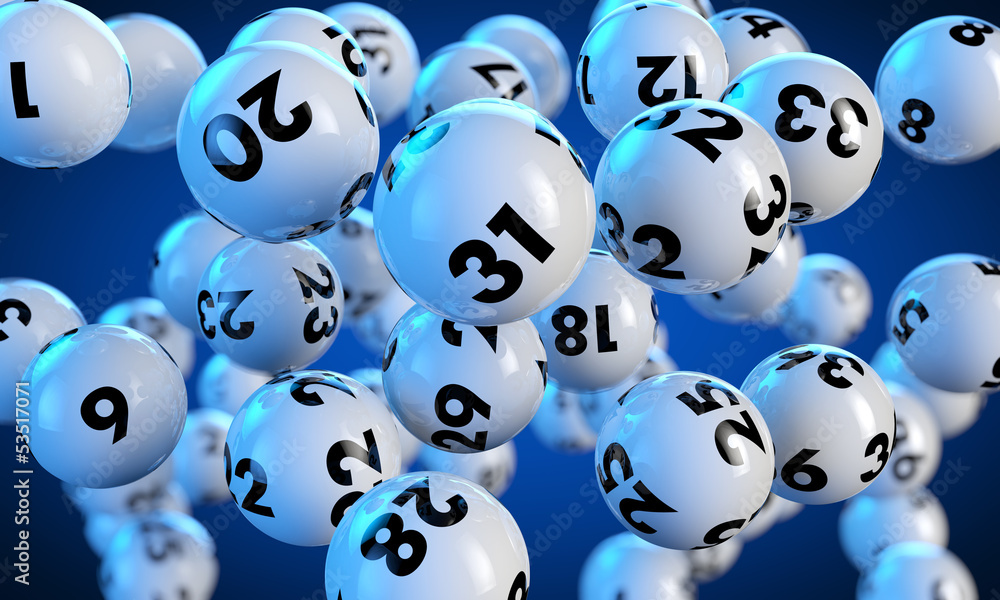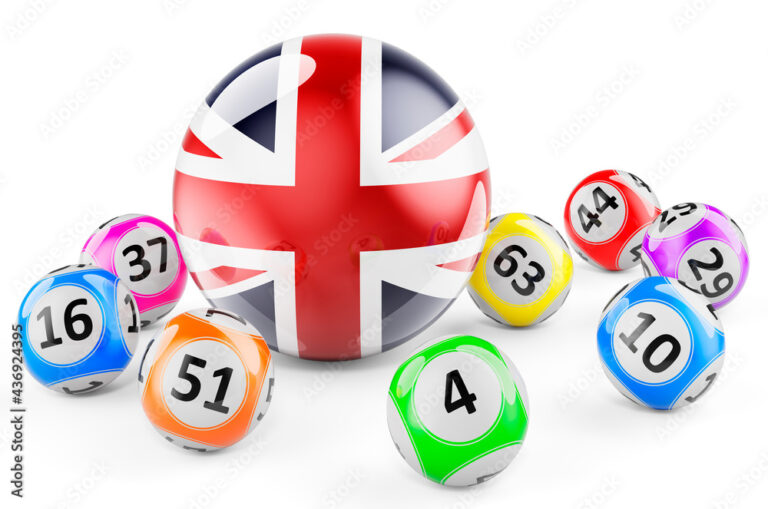Most Common Lotto Combinations

Most Common Lotto Combinations: Myths, Facts, and Strategies
Lotteries have fascinated people for centuries, offering the dream of striking it rich overnight. Whether it’s Mega Millions, Powerball, or EuroMillions, millions of tickets are sold each week. But have you ever wondered if certain lottery combinations are more popular than others? Could playing these “common” combinations improve—or hurt—your chances of winning?
This article dives deep into the most common lotto combinations, exploring myths, statistics, and strategies. By the end, you’ll better understand how to pick your numbers and avoid common pitfalls.
What Are Lotto Combinations?
A lotto combination is the set of numbers you choose when buying a lottery ticket. Most lotteries ask players to pick a specific number of digits (e.g., 5 out of 70 for Powerball). Since numbers are drawn randomly, every combination theoretically has an equal chance of being chosen.
But not all combinations are equally popular. Some patterns appear again and again on players’ tickets. Why? Human habits, psychology, and cultural beliefs play a significant role in number selection.
Popular Lotto Combinations (And Why They’re Chosen)
1. Sequential Numbers
One of the most famous examples is 1, 2, 3, 4, 5, 6. It’s simple and easy to remember, but it’s also wildly popular. In fact, thousands of people pick this combination for every draw. It’s probably the most common lotto combination!
However, here’s the catch: If these numbers ever win, the jackpot will likely be split among all the players who chose them. This reduces your share significantly.
2. Birthdates
Many people pick numbers based on important dates like birthdays and anniversaries. This leads to a heavy preference for numbers between 1 and 31 (since months only go up to 31). But most lotteries include numbers up to 50 or higher, meaning numbers above 31 are often underrepresented.
3. Patterns on the Ticket
Some players choose numbers based on patterns, such as diagonal or vertical lines on their ticket. While visually satisfying, these patterns don’t improve your odds—and they’re surprisingly common.
4. “Lucky” Numbers
Certain numbers, like 7 or 13, have cultural significance and are considered lucky or unlucky. These numbers often appear more frequently in players’ combinations.
The Most Frequently Drawn Numbers in Lotteries
While every number has an equal chance of being drawn in theory, some numbers seem to show up more often in practice. Here are a few examples from popular lotteries:
| Lottery | Most Common Numbers | Most Common Bonus Numbers |
|---|---|---|
| Powerball (USA) | 26, 41, 16, 28, 22 | 6, 9, 20 |
| EuroMillions | 50, 23, 44, 19, 4 | 2, 3 |
| UK National Lotto | 23, 40, 38, 33, 31 | N/A |
Powerball (USA)
- Frequent numbers: 26, 41, 16, 28, 22
- Common Powerball (bonus) numbers: 6, 9, 20
EuroMillions (Europe)
- Frequent numbers: 50, 23, 44, 19, 4
- Common Lucky Star numbers: 2, 3
UK National Lottery
- Frequent numbers: 23, 40, 38, 33, 31
These statistics are based on historical data, but they don’t guarantee future results. Remember: the lottery is random.
Are Common Lotto Combinations a Good Idea?
The Risks of Choosing Popular Numbers
If you choose a common combination and it wins, you’ll share the jackpot with potentially hundreds or thousands of other players. For example:
- In 2016, 20,000 people chose the combination 1, 2, 3, 4, 5, 6 in a single UK Lotto draw. If those numbers had won, the jackpot would have been split into minuscule payouts.
Why Randomness Matters
Choosing numbers randomly—using a random number generator or quick pick—is statistically better. This reduces the chance of sharing your jackpot if you win.
How to Choose Numbers Strategically
1. Avoid Patterns
- Don’t pick sequential numbers like 1, 2, 3, 4, 5, 6.
- Avoid patterns like straight lines or diagonals on your ticket.
2. Include High Numbers
- Many players stick to numbers below 31 due to birthdays. By choosing numbers above 31, you reduce the risk of splitting your winnings.
3. Use a Random Number Generator
- Random number generators are a great way to create unpredictable combinations. Most lotteries even offer “quick pick” options for this purpose.
4. Mix Odd and Even Numbers
- Statistically, most winning combinations include a mix of odd and even numbers. For example, 3 odd and 2 even numbers are common in 5-number lotteries.
5. Play Consistently
- Playing regularly increases your chances over time (though it’s important to set a budget and play responsibly).
Debunking Lottery Myths
Myth #1: Some Numbers Are “Due” to Win
Each lottery draw is independent. A number that hasn’t appeared in years is no more likely to win than one that appeared last week.
Myth #2: Lucky Numbers Will Improve Your Odds
Lucky numbers are popular, but they don’t improve your chances. They’re just as random as any other combination.
Myth #3: Picking Rare Numbers Guarantees a Big Win
While rare numbers reduce the risk of sharing a jackpot, they don’t increase your odds of winning.
Case Study: The Danger of Common Combinations
In 1995, the Irish Lottery saw 49 people share the jackpot because they all picked the same combination. Each winner received just a fraction of the prize. This highlights the importance of choosing unique, random numbers.
Graph: Frequency of Winning Number Patterns
This pie chart shows common winning patterns from historical data:
- Mixed Odd/Even Numbers: 70%
- All Odd or All Even: 30%
Interactive Tools for Better Number Selection
At TheLottoSim.com, we offer tools to help you analyze lottery odds and choose numbers wisely. Use our simulator to test different strategies, try out the most common lotto combinations and see if they affect your chances of winning.
Key Takeaways
- Popular combinations like sequential numbers or birthdates are risky because of shared jackpots.
- Every number has an equal chance of being drawn, but randomness can help avoid splitting winnings.
- Use tools like random number generators to create unpredictable combinations.
Play Smart, Play Responsibly
The lottery is fun, but it’s important to play responsibly. Treat it as entertainment, not an investment strategy. And remember, the odds of winning are always slim, no matter what numbers you choose.
Start your journey to smarter lottery play with our Lottery Odds Simulator at TheLottoSim.com. Explore your chances, compare lotteries, and make informed decisions today!


